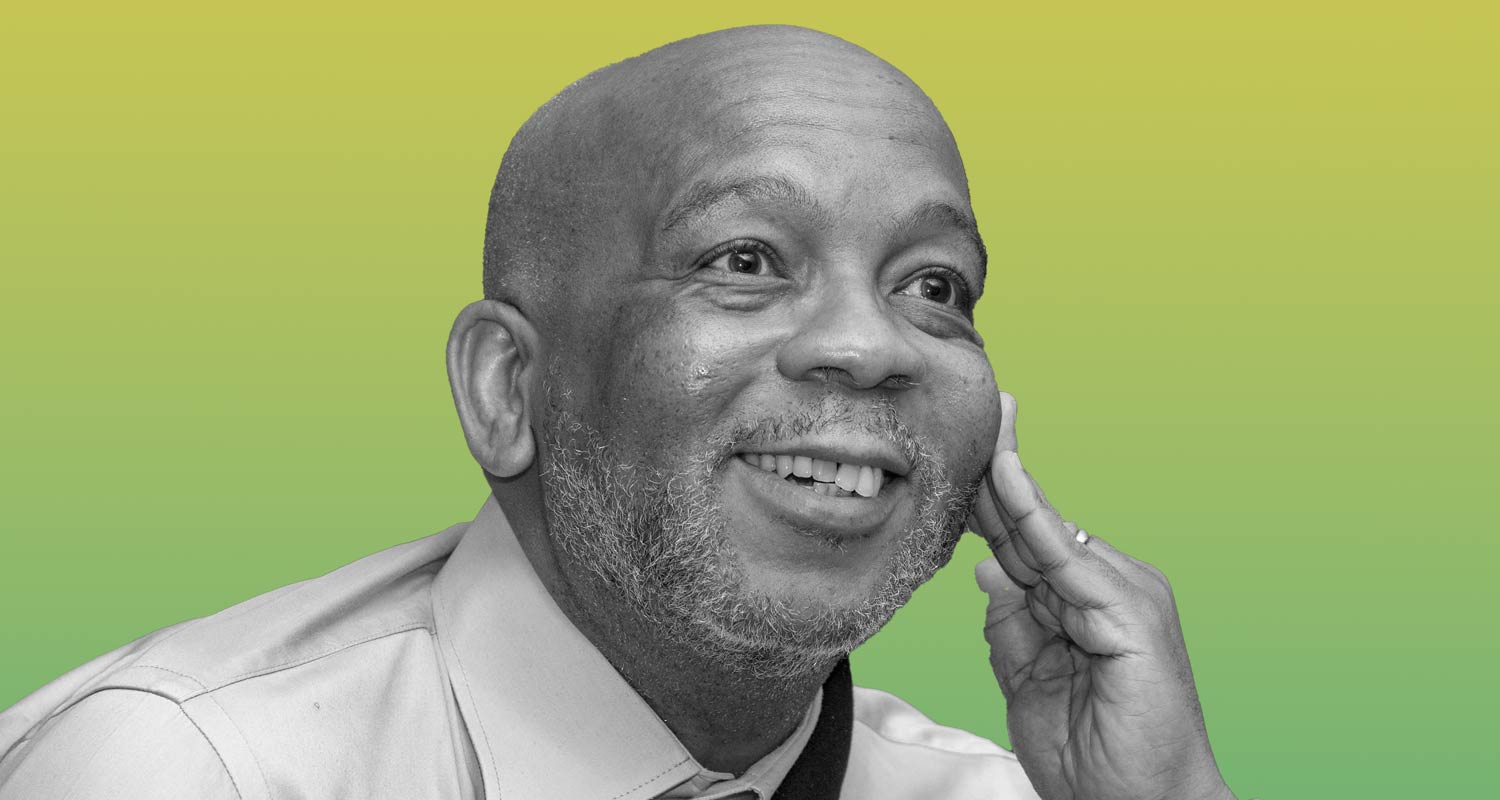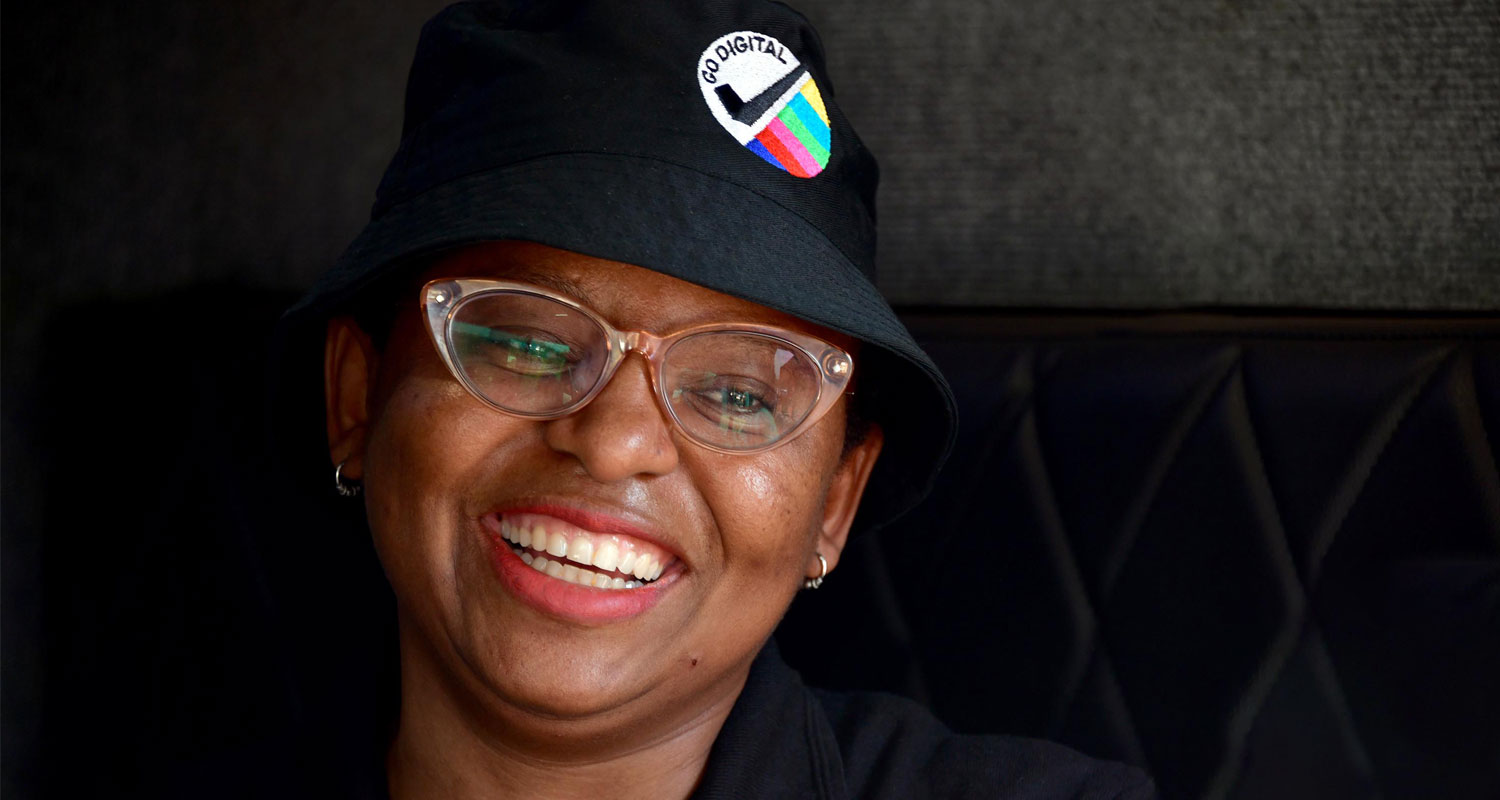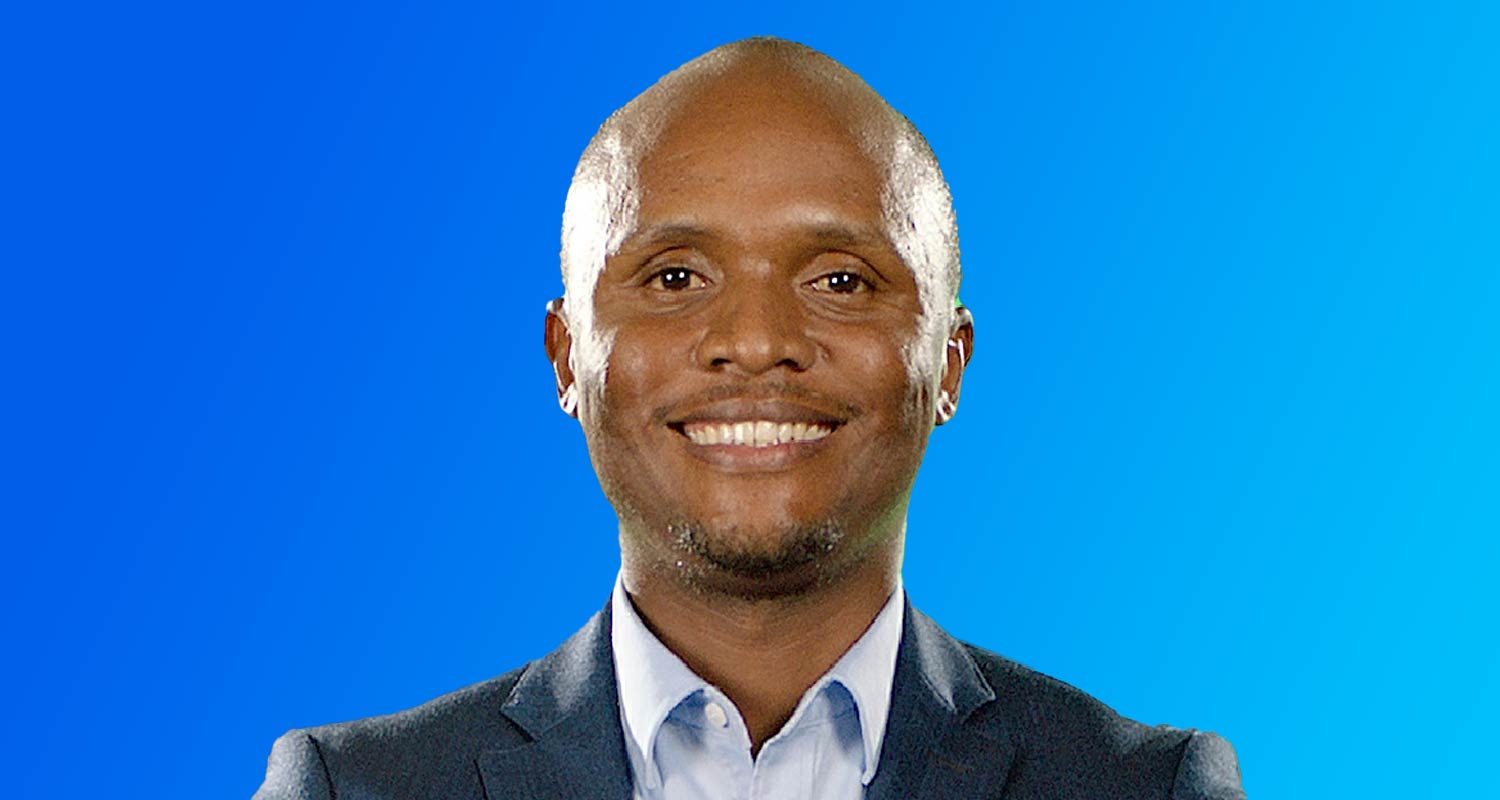
President Cyril Ramaphosa appointed a cabinet including members of opposition parties that agreed to join a ruling alliance after elections on 29 May failed to produce an outright winner.
While Ramaphosa allocated the bulk of ministerial posts to members of the ANC, which won the most votes in the election, there were also six for the Democratic Alliance, which finished second, and two for the Inkatha Freedom Party, which came fifth.
The following are the key appointments:
Deputy President: Paul Mashatile
Mashatile, 62, the ANC’s deputy leader, retained the second government post, which he has held since March 2023. An ex-premier of Gauteng and former ANC’s treasurer-general, he’s pressed the government to speed up reforms needed to tackle electricity shortages and revive economic growth.
An investigation by News24 found that Mashatile lived a lavish lifestyle funded by businessmen who benefitted from state contracts, and the DA has filed criminal charges against him for alleged corruption. He denies wrongdoing and prosecutors haven’t taken up the matter so far.
Finance minister: Enoch Godongwana
A close political ally of Ramaphosa, 67-year-old Godongwana was reappointed as finance chief, a post he’s occupied since August 2021. Rarely seen in public without his trademark fedora hat, he’s been a strong advocate for reining in spending and state debt and is popular among investors and business leaders.
Minister of international relations: Ronald Lamola
Lamola, 40, moves from the justice & correctional services ministry, which he’d headed since 2019. In that portfolio, he led a legal team to argue South Africa’s case of genocide against Israel over its war in Gaza before the United Nations’ top court. Lamola has a master’s degree in corporate law and extractive law. He succeeds Naledi Pandor, who failed to win a seat in parliament.
Minister of mineral & petroleum resources: Gwede Mantashe
A former labour union leader and serving chairman of the ANC, Mantashe, 69, was named minister of mineral and petroleum resources. He previously served as minister of mineral resources and energy. Mantashe was accused of failing to tackle chronic energy shortages that hobbled the economy and for stymieing efforts to add additional generating capacity from green-energy projects in a bid to protect the coal industry. The energy portfolio has now been removed from mineral resources and combined with electricity.
Minister of energy & electricity: Kgosientsho Ramokgopa
Ramokgopa, 49, joined the cabinet in March 2023 in the newly created post of electricity minister and was tasked by Ramaphosa with resolving the energy crisis. He’s made some headway, with power outages having abated for three months.

Minister in the presidency: Khumbudzo Ntshavheni
Ntshavheni, 47, is reinstated as minister in the presidency. She was first appointed to the role in Ramaphosa’s March 2023 shakeup, overseeing state security and government communications. She’s previously served as minister of communications, small business development and headed up performance monitoring and evaluation in the presidency in 2021. Ntshavheni started her career as a university lecturer.
Minister of agriculture: John Steenhuisen
Leader of the DA, Steenhuisen, 48, was appointed as minister of agriculture. He’s been leader of the main opposition since 2019 and before that was chief whip of his party since 2014.
Prior to his appointment to parliament, Steenhuisen formerly served on the eThekwini city council at the age of 22 and served as the provincial leader of the DA and the party’s caucus leader in the KwaZulu-Natal legislature, according to the DA’s website.
Minister of trade & industry: Parks Tau
Tau, 54, moves from the department of cooperative governance, where he served as a deputy minister since March 2023. He fills the post vacated by Ebrahim Patel, who quit in May.
Minister of basic education: Siviwe Gwarube
Gwarube, 34, the DA’s chief whip, has been instated as basic education minister in Ramaphosa’s executive. She was previously the department of health’s head of ministry in the Western Cape, a province that’s led by her party. Gwarube first joined the national assembly in 2019 and as a legislator she’s been vocal about crime and corruption in government, calling the ANC to account.

Minister of communications & digital technologies: Solly Malatsi
Ramaphosa’s new communications minister, Malatsi, 38, is the DA’s spokesman and was appointed deputy federal chairperson at the party’s 2023 congress. He’s a former student activist and has been a member of parliament since 2014. (Read: DA communications minister to bring policy shake-up.)
Minister of public works: Dean Macpherson
Macpherson, 39, is appointed minister of public works. He is the DA’s chairman in the eastern province of KwaZulu-Natal and has previously served as shadow minister of trade & industry. He’s also had two terms in the national assembly.
Minister of cooperative governance & traditional affairs: Velenkosini Hlabisa
The 59-year-old president of the IFP ascends to the ministry of cooperative governance and traditional affairs. A former schoolteacher, Hlabisa has led the country’s fifth-largest party since 2019. He succeeded Mangosuthu Buthelezi, who founded the party and led it for 44 years.
Minister of home affairs: Leon Schreiber
Schreiber, 35, served as the DA’s shadow minister of public service & administration. An adviser to Steenhuisen, he has a PhD in political science from the Free University of Berlin in Germany. He’s previously expressed strong disdain for the ANC’s policy of cadre deployment.
Minister of forestry, fisheries & the environment: Dion George
George, 58, is the DA’s shadow finance minister and the chairman of the party’s federal finance unit. He’s previously worked in public finance, pension fund investment and financial planning. — Ntando Thukwana and S’thembile Cele, with Rene Vollgraaff, Monique Vanek and Arijit Ghosh, (c) 2024 Bloomberg LP




